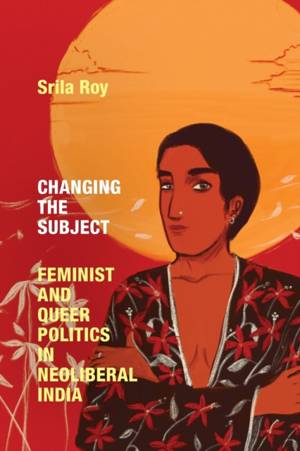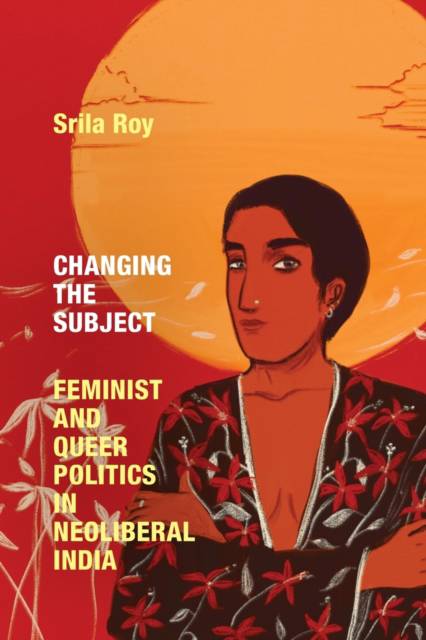
Je cadeautjes zeker op tijd in huis hebben voor de feestdagen? Kom langs in onze winkels en vind het perfecte geschenk!
- Afhalen na 1 uur in een winkel met voorraad
- Gratis thuislevering in België vanaf € 30
- Ruim aanbod met 7 miljoen producten
Je cadeautjes zeker op tijd in huis hebben voor de feestdagen? Kom langs in onze winkels en vind het perfecte geschenk!
- Afhalen na 1 uur in een winkel met voorraad
- Gratis thuislevering in België vanaf € 30
- Ruim aanbod met 7 miljoen producten
Zoeken
€ 41,45
+ 82 punten
Uitvoering
Omschrijving
In Changing the Subject Srila Roy maps the rapidly transforming terrain of gender and sexual politics in India under the conditions of global neoliberalism. The consequences of India's liberalization were paradoxical: the influx of global funds for social development and NGOs signaled the co-optation and depoliticization of struggles for women's rights, even as they amplified the visibility and vitalization of queer activism. Roy reveals the specificity of activist and NGO work around issues of gender and sexuality through a decade-long ethnography of two West Bengal organizations, one working on lesbian, bisexual, and transgender issues and the other on rural women's empowerment. Tracing changes in feminist governmentality that were entangled in transnational neoliberalism, Roy shows how historical and highly local feminist currents shaped contemporary queer and nonqueer neoliberal feminisms. The interplay between historic techniques of activist governance and queer feminist governmentality's focus on changing the self offers a new way of knowing feminism--both as always already co-opted and as a transformative force in the world.
Specificaties
Betrokkenen
- Auteur(s):
- Uitgeverij:
Inhoud
- Aantal bladzijden:
- 280
- Taal:
- Engels
- Reeks:
Eigenschappen
- Productcode (EAN):
- 9781478018889
- Verschijningsdatum:
- 21/10/2022
- Uitvoering:
- Paperback
- Formaat:
- Trade paperback (VS)
- Afmetingen:
- 152 mm x 229 mm
- Gewicht:
- 376 g

Alleen bij Standaard Boekhandel
+ 82 punten op je klantenkaart van Standaard Boekhandel
Beoordelingen
We publiceren alleen reviews die voldoen aan de voorwaarden voor reviews. Bekijk onze voorwaarden voor reviews.









